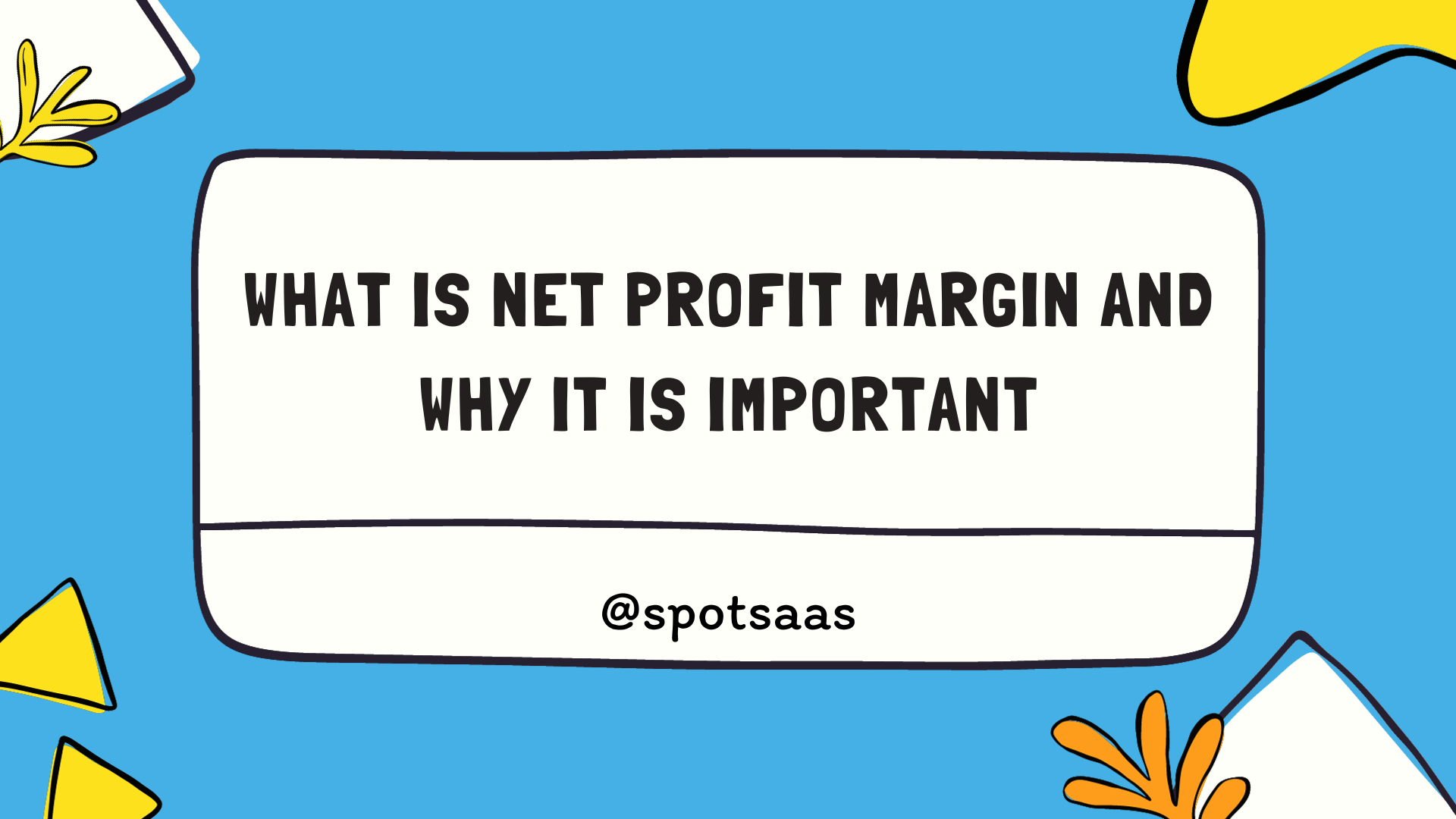Grasping the sales world can feel like trying to untangle a complex piece of knotted string, particularly when you aren’t quite sure what’s going on in your customers’ heads.
In this blog post, we will learn about psychological principles such as reciprocity and social proof that shape consumer behavior.
Key Takeaways
- Understanding sales psychology is crucial for businesses as it provides insights into buyer behavior and can greatly impact sales success.
- The seven principles of sales psychology are reciprocity, commitment and consistency, social proof, liking, authority, scarcity, and unity.
- By applying sales psychology techniques such as building trust through reciprocity and leveraging social proof, businesses can effectively influence customer behavior and boost revenue.
The Importance of Understanding Sales Psychology
Understanding sales psychology is crucial for businesses as it provides insights into buyer behavior and can greatly impact sales success. By understanding the psychological principles behind consumer decision-making, businesses can create effective sales strategies and enhance customer relationships.
Definition of sales psychology
Sales psychology digs deep into the customer’s mind. It dissects why people make purchases and how sales strategies can align with those reasons to close deals more effectively. This process focuses intensely on the emotional needs of customers, not just highlighting product value.
Furthermore, analyzing the mindset of your target market helps efficiently sell products and services by addressing specific needs. This skill is a potent tool that significantly enhances sales success when mastered properly.
Why it’s important for businesses
Mastering sales psychology gives a business the upper hand. Utilizing buyer psychology in the sales process makes a significant difference in outcomes. As I delve into understanding customer needs, it becomes easier to influence their buying decisions.
Sales rep’s management hinges on this comprehension of consumer behaviour. It enables them to predict customer mindset and anticipate what will satisfy them most effectively. This leads to more successful sales, making sales psychology an essential tool for reaching and even surpassing sales targets.
With this knowledge, businesses witness improvement in customer relationships, resulting in increased loyalty and revenue growth – all vital components for thriving in today’s competitive market.

7 Principles of Sales Psychology
The seven principles of sales psychology are reciprocity, commitment and consistency, social proof, liking, authority, scarcity, and unity.
Reciprocity
The power of reciprocity plays an integral role in sales psychology. It’s based on the concept that humans naturally feel compelled to give something back when they receive something.
Imagine you’re a salesperson offering free samples of your product; this act triggers an unconscious sense of obligation in customers, making them more likely to buy from you as a form of giving back.
This principle helps build relationships with potential buyers while also increasing the chances of successful sales conversions. Employing reciprocity properly can lead to fruitful customer interactions and stronger buyer-seller connections.
Commitment and consistency
Commitment and consistency play a crucial role in sales psychology. When customers make a commitment, whether it’s a small purchase or simply expressing interest, they are more likely to remain consistent with their decision.
This principle is based on the human need for internal alignment between beliefs and actions. By encouraging customers to commit to buying or taking the next step in the sales process, salespeople can increase the chances of closing a deal.
Consistency can also be reinforced by highlighting previous commitments made by the customer or emphasizing how their current decision aligns with their values and goals. Understanding and leveraging commitment and consistency in sales strategies can help build trust, enhance customer loyalty, and ultimately drive business success.
Social proof
Understanding social proof is a crucial aspect of sales psychology. Social proof refers to the phenomenon where people are more likely to make a purchase if they see others doing the same.
It taps into our natural tendency to follow the crowd and seek validation from others. By leveraging social proof, salespeople can create a sense of trust and credibility around their products or services.
When customers see testimonials, reviews, or case studies from satisfied customers, it provides them with evidence that your offering has already helped others in similar situations.
This helps alleviate any doubts or concerns they may have and increases their confidence in making a purchase. Additionally, displaying logos of well-known companies you have worked with can also serve as social proof by associating your brand with established businesses.
Ultimately, incorporating social proof in your sales strategies can significantly influence customer behaviour and decision-making. By showcasing positive experiences and demonstrating that others have benefited from what you offer, you are more likely to attract potential customers and close deals successfully.
Liking
Understanding the principle of liking is crucial in sales psychology. People are more likely to buy from someone they like and trust. Building rapport and establishing a positive connection with customers can significantly increase the chances of making a sale.
By finding common interests, showing genuine concern, and being friendly, salespeople can create a likeable image that makes customers more inclined to say yes. This principle is supported by research that shows people are more influenced by those they admire or feel connected to.
By focusing on creating likability, salespeople can enhance their relationships with customers and ultimately boost their sales success.
Authority
Understanding authority is a crucial aspect of sales psychology. As a salesperson, it’s important to establish yourself as an expert in your industry or product. By demonstrating knowledge and expertise, you can build trust with potential customers and increase your credibility.
This can be done through various means such as sharing relevant industry statistics, highlighting customer testimonials, or showcasing any certifications or awards you may have received.
When customers perceive you as an authority figure, they are more likely to listen to your recommendations and make purchasing decisions based on your expertise. Remember that establishing authority is not about being arrogant or overbearing; it’s about positioning yourself as someone who understands their needs and can provide valuable solutions.
Scarcity
Scarcity is a powerful principle in sales psychology. By creating a sense of limited availability or exclusivity, salespeople can tap into the fear of missing out and drive customer action.
Scarcity triggers urgency and compels customers to make buying decisions quickly before the opportunity disappears. Limited-time offers, exclusive promotions, and showcasing product scarcity are effective techniques that leverage this psychological principle.
Understanding how scarcity influences buyer behaviour allows salespeople to strategically use it to their advantage and increase the likelihood of closing deals successfully.
Unity
Unity is a powerful principle in sales psychology. When we create a sense of unity with our customers, it helps to build trust and rapport, leading to stronger relationships and increased sales.
By finding common ground and demonstrating that we understand their needs, customers feel more connected to us and are more likely to buy from us. Unity can be established through shared experiences or beliefs, such as highlighting how our product or service aligns with their values or goals.
Furthermore, showing empathy and genuinely listening to their concerns also fosters unity. When we make customers feel understood and valued, they are more inclined to choose us over competitors.
The concept of unity in sales psychology is supported by research on buyer behaviour. Studies have shown that people are more likely to buy from those they perceive as being similar to themselves or part of the same group.
By emphasizing our similarities rather than differences, we tap into this psychological tendency and increase the likelihood of closing a sale. It’s important for salespeople to recognize the power of unity and incorporate it into their strategies by finding ways to connect with customers on a personal level.
This could involve sharing stories, using language that resonates with their identity, or even leveraging social proof by highlighting testimonials from others who are similar to them.

In conclusion,
Applying Sales Psychology in Practice
Using sales psychology techniques can greatly enhance your sales success. By understanding the principles of reciprocity, commitment and consistency, social proof, liking, authority, scarcity, and unity, you can effectively influence customer behaviour and boost your revenue.
Discover real-life examples and learn how to build strong customer relationships based on psychological insights. Read more to master the art of selling through understanding consumer psychology.
Examples of using sales psychology
I have personally seen the power of sales psychology in action. Here are some examples of how it can be used effectively:
| Strategy | Description |
|---|---|
| Building trust through reciprocity | Offer a free trial or valuable content before asking for a purchase. |
| Leveraging social proof | Highlight positive reviews or testimonials to show past positive experiences. |
| Creating scarcity | Use limited-time offers or exclusive deals to encourage immediate action. |
| Establishing authority | Position as an industry expert through content, certifications, or affiliations. |
| Utilizing likability | Build rapport by showing interest, listening, and finding common ground. |
| Enhancing commitment and consistency | Encourage small commitments leading towards the desired outcome and sale. |
| Understanding buyer motivation | Identify underlying needs or pain points and tailor the sales pitch accordingly. |
The benefits for customer relationships, loyalty, and revenue
Understanding the psychology behind sales can have significant benefits for customer relationships, loyalty, and revenue. By applying sales psychology principles, salespeople can develop a deeper understanding of their customers’ needs and motivations.
This allows them to build stronger connections with customers, fostering trust and loyalty over time. Additionally, sales techniques rooted in psychology can help influence customer behaviour and decision-making in a way that leads to increased revenue.
By tapping into buyer motivation and utilizing persuasive techniques based on consumer psychology, sales professionals can more effectively meet customer needs and drive successful sales outcomes.

Recommended Reading and Resources
If you’re interested in delving deeper into the psychology behind sales and learning how to apply it effectively, there are plenty of recommended reading materials and resources available.
Discover books that provide valuable insights on sales psychology, tools, and techniques for implementation, as well as online communities where sales professionals can connect and learn from each other’s experiences.
Expand your knowledge in this area to enhance your understanding of customer behaviour and boost your sales success.
Books and other sources for further study on sales psychology
If you’re looking to dive deeper into sales psychology, there are several books and resources that can help expand your knowledge and skills. Here are some recommended sources:
| Source | Description |
|---|---|
| “Influence: The Psychology of Persuasion” by Robert Cialdini | This classic book explores the principles of influence and how they can be applied in sales situations. |
| “Pitch Anything: An Innovative Method for Presenting, Persuading, and Winning the Deal” by Oren Klaff | Klaff shares his unique approach to pitching and closing deals based on neuroscience and psychology. |
| “To Sell Is Human: The Surprising Truth About Moving Others” by Daniel H. Pink | Pink provides insights into modern sales techniques and how to navigate the changing landscape of selling. |
| “Spin Selling” by Neil Rackham | This influential book focuses on the art of asking effective questions during the sales process to uncover customer needs. |
| “The Challenger Sale: Taking Control of the Customer Conversation” by Matthew Dixon and Brent Adamson | This book challenges traditional sales methods and presents a new approach centered around challenging customers’ preconceptions. |
| Harvard Business Review’s “HBR’s 10 Must Reads on Sales” | This collection features articles from leading experts in sales psychology, providing a comprehensive overview of the topic. |
Tools and techniques for implementing sales psychology
To effectively implement sales psychology, there are several tools and techniques that can be utilized:
| Strategy | Description |
|---|---|
| Utilize data analytics | Analyze customer behavior and preferences for targeted sales strategies. |
| Build relationships | Personalize interactions and understand customer needs. |
| Active listening | Listen attentively and ask probing questions to understand customer motivations. |
| Storytelling | Create emotional connections with customers through relatable stories. |
| Social media engagement | Respond promptly on social media, offer recommendations, and showcase positive experiences. |
| Develop persuasive communication skills | Use techniques like mirroring, positive language, and highlighting product benefits. |
| Follow up | Check-in with customers post-sale to ensure satisfaction and maintain relationships. |
Online communities and networks for sales professionals to learn and share insights.
I have found that online communities and networks provide valuable opportunities for sales professionals like myself to learn and share insights with others in the field. These platforms include:
| Platform/Community | Description |
|---|---|
| Sales Hacker | Online resources, forums, and webinars for sales professionals to stay updated. |
| LinkedIn Groups | Groups for sales professionals to connect and share insights. |
| Quora | A Q&A platform for sales advice and perspectives from experts. |
| Sales Enablement Society | A platform for sales enablement professionals to collaborate and share best practices. |
| Reddit Sales Community | A forum for salespeople to discuss topics and learn from others. |
Conclusion
Understanding the psychology behind sales is crucial for salespeople to gain a competitive advantage. By focusing on customers’ emotional needs and utilizing principles of sales psychology, they can better understand and meet the needs of their target market.
With this knowledge, salespeople can predict customer behaviour, close more deals, and achieve greater success in their sales efforts.
Frequently Asked Questions
How does psychology play a role in sales?
Psychology plays a role in sales by understanding consumer behaviour, motivations, and decision-making processes to tailor effective strategies.
What are some psychological techniques used in sales?
Some psychological techniques used in sales include creating scarcity, social proof, building rapport, using persuasive language, and appealing to emotions.
How can I build trust with customers through psychology?
Building trust with customers through psychology involves active listening, displaying empathy, providing expert advice or testimonials, and following through on promises.
How can understanding buyer motivations improve my sales success?
Understanding buyer motivations helps identify their needs and desires, allowing you to customize your approach and offer solutions that resonate with them.
What impact does pricing have on consumer psychology?
Pricing impacts consumer psychology as it affects perceptions of value; options such as anchoring or offering discounts can influence purchasing decisions.



